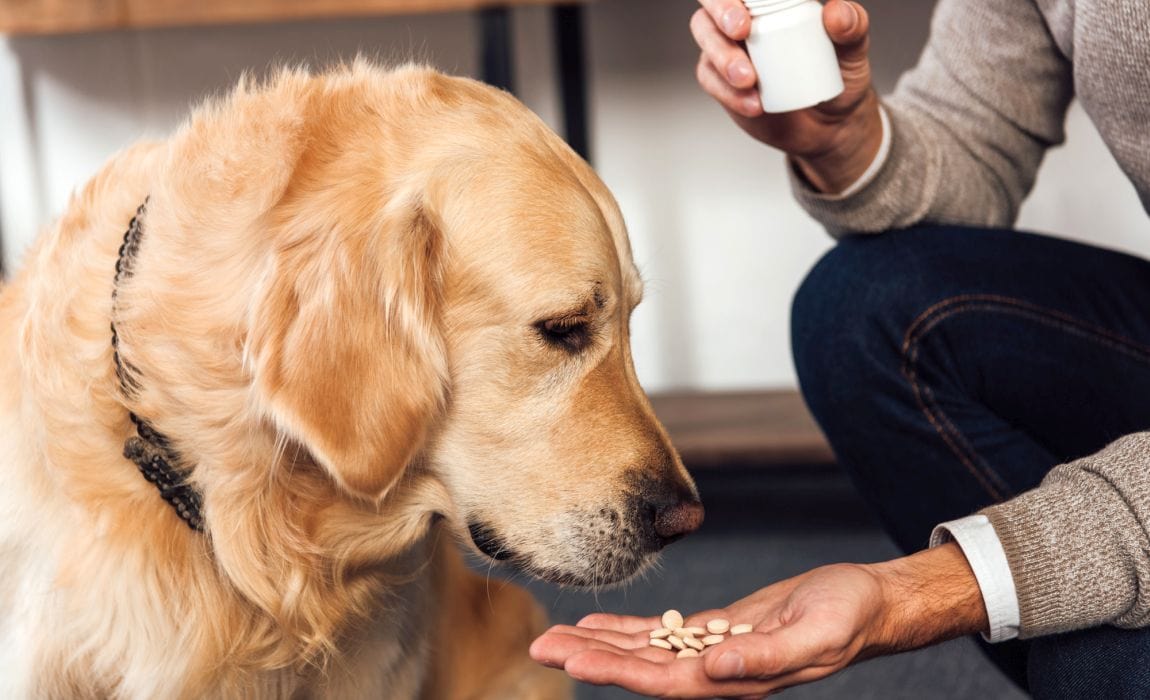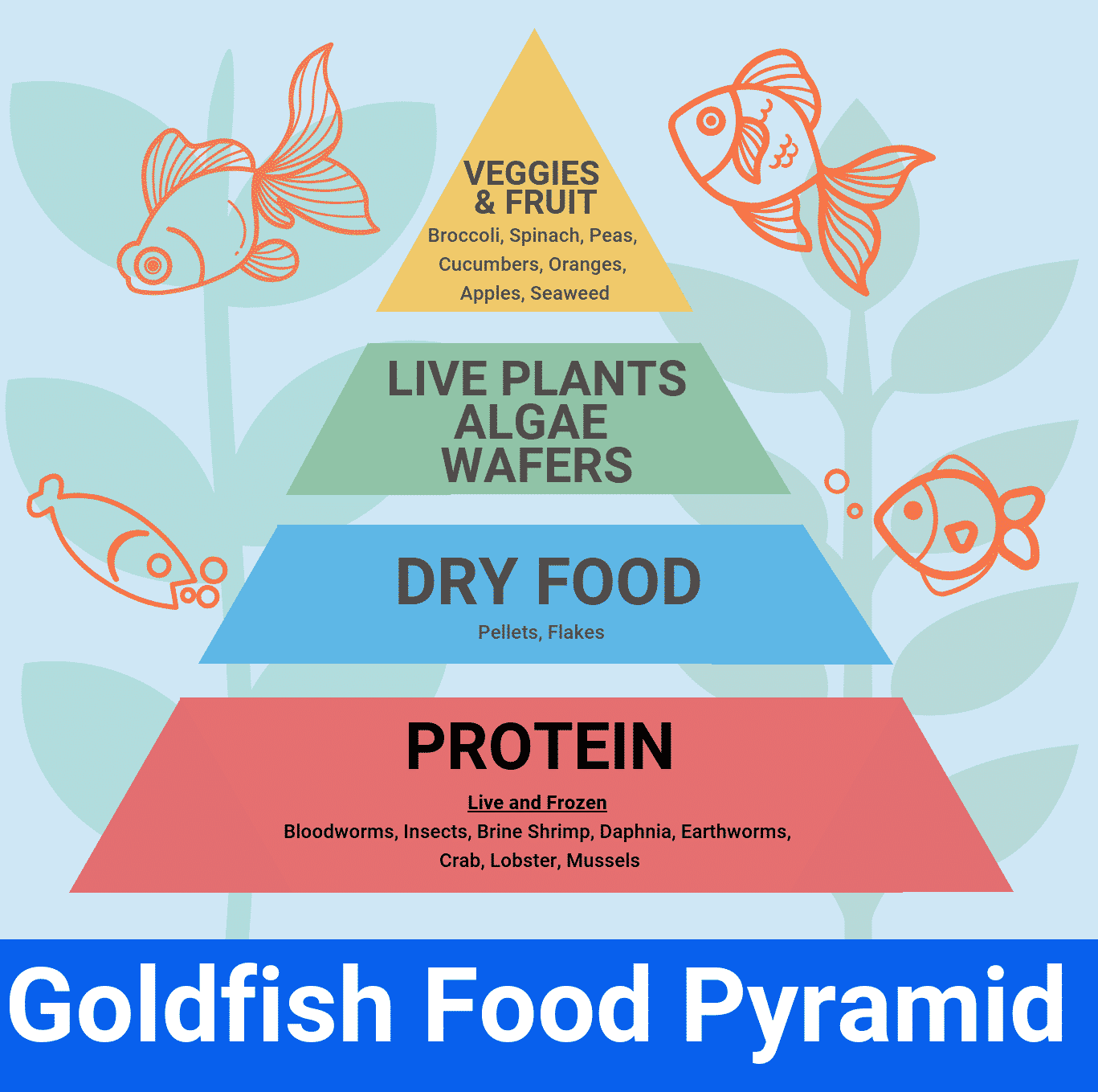When seasonal sniffles strike each year, caring pet parents tend to wonder: can dogs get colds too? Sorting fact from fiction proves important regarding risks of developing actual “colds”.
While dogs can’t catch human rhinoviruses, they indeed experience comparable upper respiratory infections from debilitating pathogens like kennel cough and canine influenza.
Read on to understand why sniffly dogs don’t suffer common colds, what respiratory bugs plague canines instead and how to help a sneezy pup feel better with supportive care at home.
Do Dogs Get Human Colds?
To clarify the first question upfront: No, dogs cannot directly catch human colds.
Human colds comprise minor viral annoyances. The predominant pathogens behind sick human seasons come from hundreds of rhinovirus variants and some coronavirus editions triggering head congestion, sore throats, coughs and fatigue.
Luckily, rhinoviruses and most human coronaviruses require specifically shaped cell receptors found only in human airways. So while hugging sick owners spreads illness through families fast, viral cold transmission cannot jump between humans and canine companions.
However, what manifests as a week of sick day Netflix binges and chicken noodle soup for people can develop into much more serious respiratory infections making the rounds among pets. Canine-specific contagions bring similar misery repercussions despite distinct viral or bacterial sources.
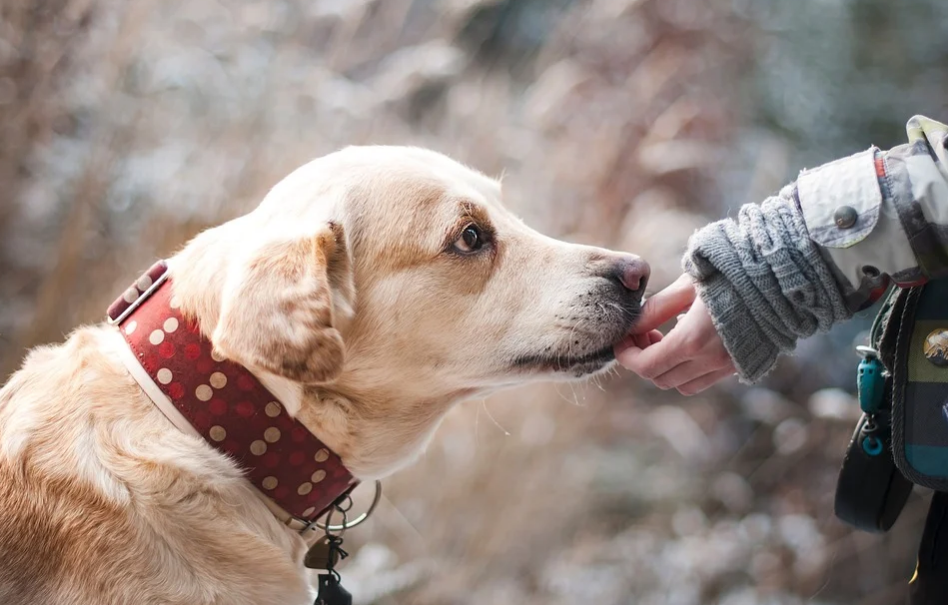
What Respiratory Infections Afflict Dogs?
If not human colds, what respiratory ailments DO pose risks requiring veterinary awareness and intervention for canine patients?
Kennel Cough
The classic “honking cough” earns kennel cough infamy as the doggie equivalent of a seasonal chest cold. However, this dangerous respiratory infection spreads swiftly causing pneumonia without proper treatment.
Caused by: Bordetella bronchiseptica bacterium plus possible viral co-pathogens
Canine Influenza
Recent emergent flu strains jumping from horses (H3N8) and pigs (H3N2) to dogs unleash severe infection consequences including permanent lung damage and death in some cases.
Caused by: Equine- and swine-specific Type A influenza viruses
Distemper
One of the veterinary world’s most dreaded viruses, distemper roommate similarly to human measles targeting respiratory, intestinal and brain tissues in young pups. Survival rates remain tragically low once infected.
Caused by: Morbillivirus in the paramyxoviridae family
Fungal Infections
Invasive opportunistic fungi like cryptococcosis, aspergillosis and coccidiomycosis fungi capitalize on existing respiratory damage targeting tissue deeply to spread within lungs.
So in summary: dogs don’t catch human colds but instead suffer their own serious pathogens. Without vaccination diligence and outbreak avoidance, highly contagious kennel cough and flu viruses run rampant through canine populations bringing hazardous consequences.

What are Flu-Like Symptoms in Dogs?
Wondering what signs suggest your pup battles a nasty respiratory bug beyond average sneezes? Monitor for these additional flu-like symptoms suggesting infection brews:
- High fever
- Depressed energy levels, lack of appetite
- Sneezing, nasal discharge
- Red, watery eyes
- Dry hacking cough
Caught early, many antibiotics or antivirals successfully treat developing respiratory infections. But left neglected, pneumonia complications stir requiring extensive hospitalization. Don’t delay seeking veterinary assessment when multiple symptoms manifest or linger over 48 hours without abating.
How to Treat a Dog With Cold Symptoms
Veterinarians tailor treatment plans to address specific sneeze-inducing conditions confirmed through diagnostic testing. But at home, provide the following supportive care to help your miserably-sneezy pup feel better fast:
- Ensure ample rest
- Keep well hydrated
- Feed soft foods if needed
- Use harness instead of collars
- Limit outdoor exposure
- Try gentle natural airway soothers like eucalyptus, honey or saline nose rinses
Avoid masking worsening infections with over-the-counter cold meds like decongestants, antihistamines or cough suppressants without veterinary approval. Reducing irritants and keeping your pup comfortable allows their immune defenses to focus on battling bugs instead of aggravating symptoms.
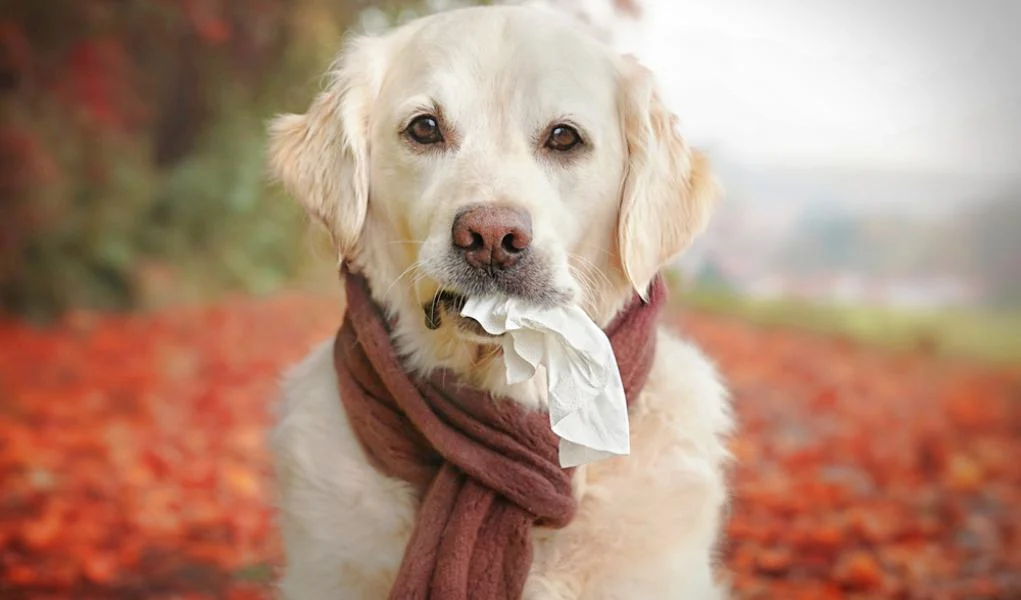
Can Dogs Get Colds From Humans? Key Takeaways
To recap, here are the key conclusions pet parents should take away:
❌ Dogs cannot directly catch human colds. Our viruses don’t cross species lines.
❌ But dogs indeed develop their own species-specific respiratory pathogens bringing comparable misery!
✅ Learn flu-like symptoms pointing to canine influenza, kennel cough and other contagions requiring swift veterinary care.
So while you need not panic about directly passing your cold to your furry friend, do monitor unusual nasal discharge or coughing fits signaling possibly brewing lower airway infections needing attention. Catching lung-invading bugs early saves pets!
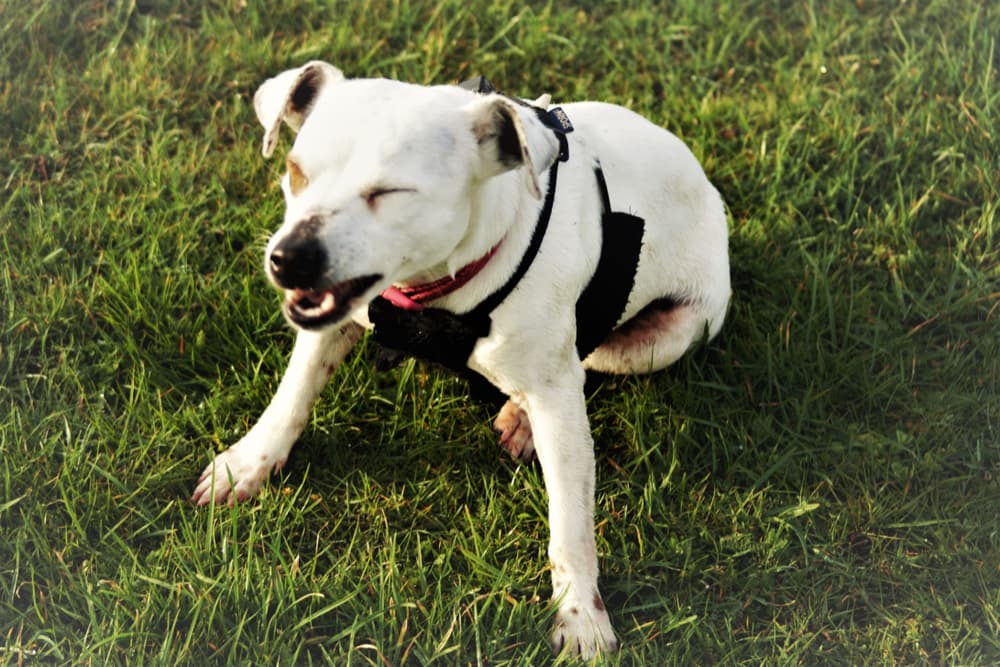
Dog Cold Care FAQs
Still have questions regarding respiratory risks for rover during peak sickness season? See below:
Are dog colds contagious to other pets?
Absolutely! Kennel cough and canine flu spread rapidly through particle transmission via sneezing and coughing. Limit contact with other pets when symptoms strike.
Should I get my dog the flu shot?
Veterinarians strongly advise administering updated DA2PP+ influenzavirus vaccines to build critical immune defenses against contagious respiratory pathogens endangering dogs.
What’s better for dog congestion: chest rubs or nasal saline?
Avoid human cold rubs that can irritate canine skin. Use gentle dog-safe saline nose drops to keep nasal passages lubricated if discharge develops. Humidified air also helps breathing.
While human colds won’t directly sicken canine companions, take canine respiratory infections extremely seriously. Learn prevention and respond promptly when coughing strikes!
